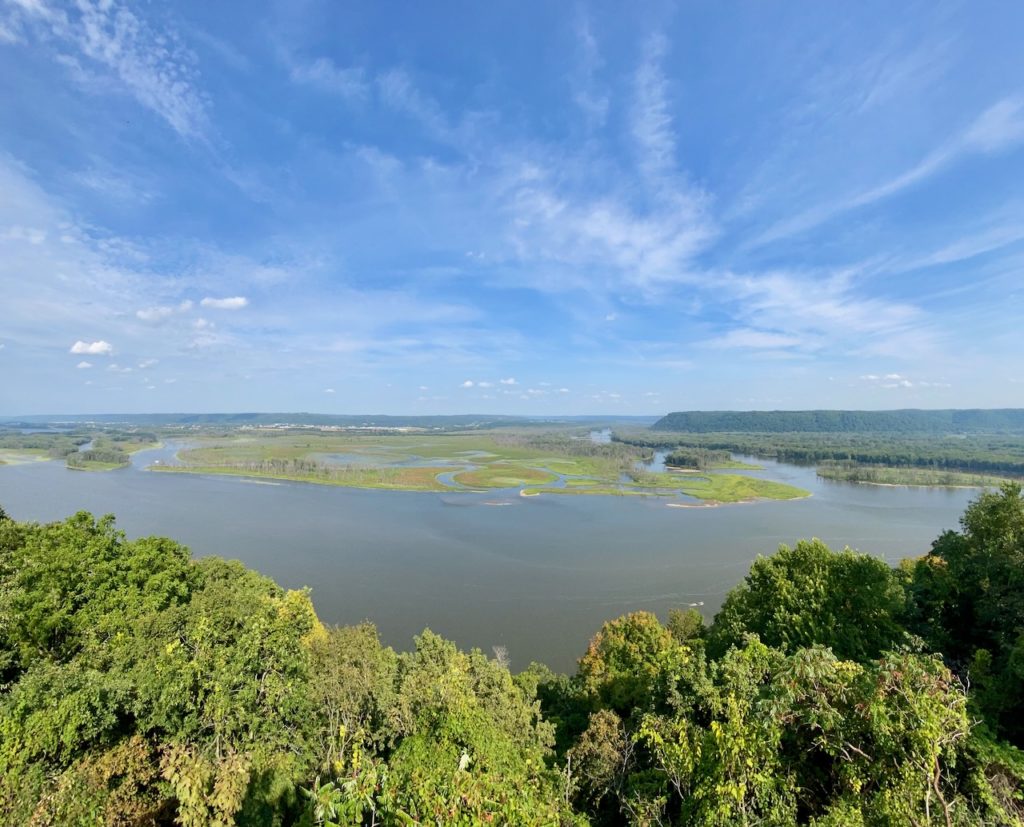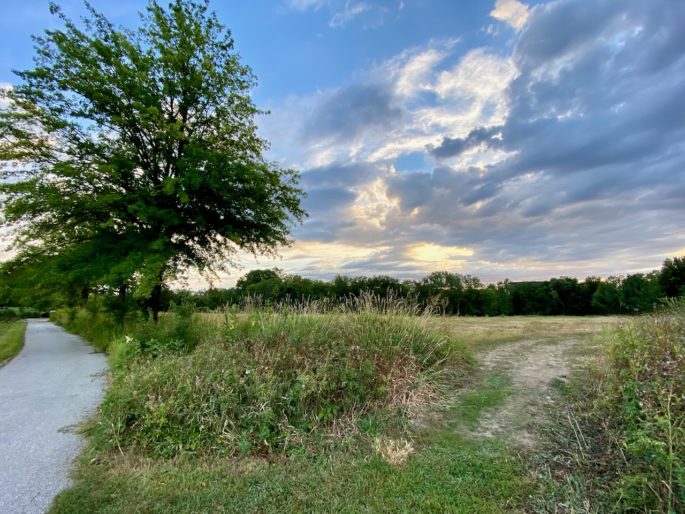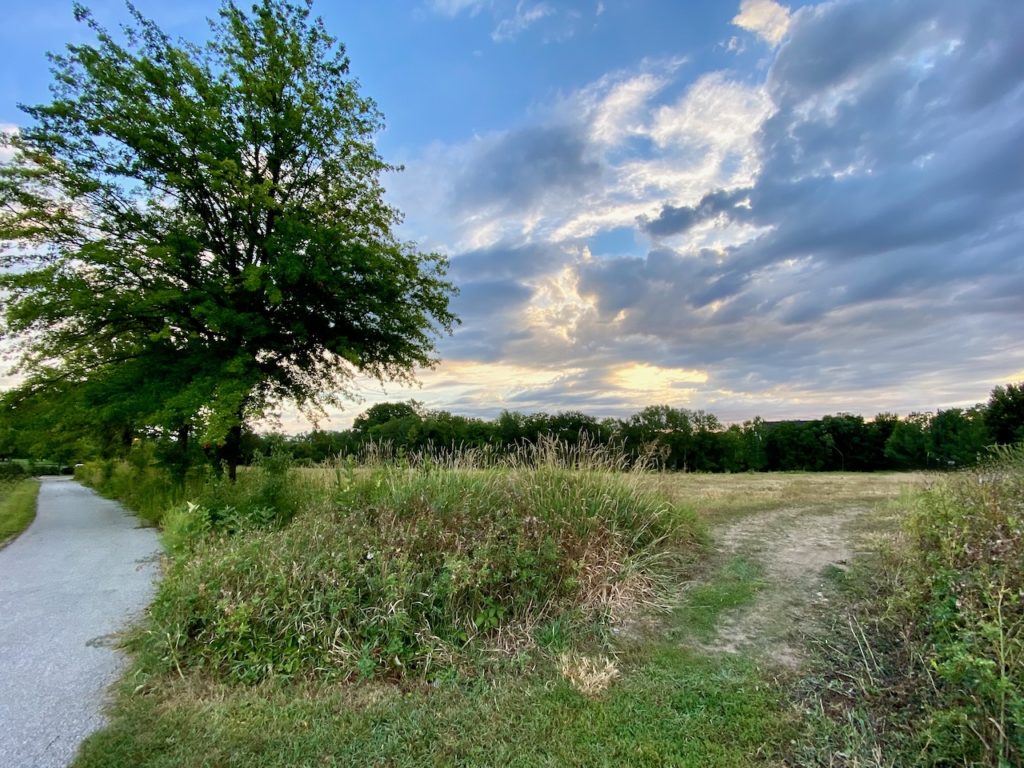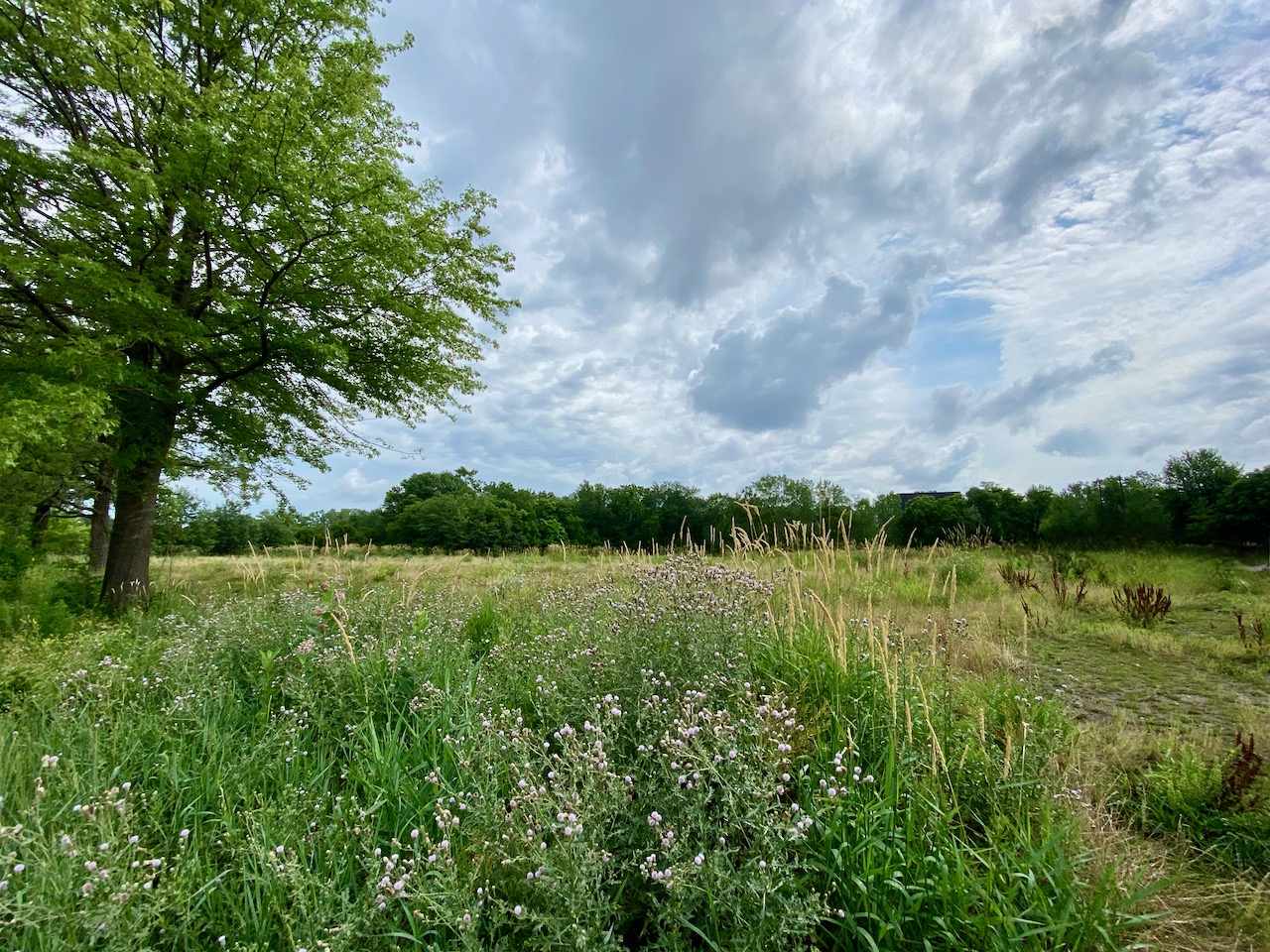Greetings
Thanks for taking a moment to read this month’s update. The photo above is from 14 Jan 2023, taken during a walk at Kent Park.
Three Years Later
In about two weeks we will all be looking back on three years since the start of the pandemic. For some people life has returned to normal. For others, it hasn’t.
I’ve been working just about every day during that period — weekdays, weekends, morning to night. During “break times” when I’m not 100% focused on helping someone with their tech needs, I’m catching up on the administrative aspects of running a business. I remember heading into November 2020 feeling wiped out and needing a break. The holidays rushed past, with support requests pouring in even on Thanksgiving Day, Christmas Day, and New Years. It’s been non-stop for three years now.
There’s been a decline in the quality of tech products and services. At the same time, customer support has become more of a quagmire with complex support automation and longer hold times. This means there are more problems to solve, and the resources needed to solve them are fewer.
Because problems are more frequent, and solving them takes longer, it’s increased my workload. I’ve had to let go of some businesses I was supporting to make room for more individuals with support needs.
The chaos in the industry described above (poor products and dwindling support) could result in greater tech support costs for people. Someone needing 5 hours per year of support in the past may now need 20 hours or more per year. I’m trying to absorb some of the cost and look for innovative ways to delivery more support to more people for less cost per person through free online support materials and guides. Also, I’ve kept my hourly rates the same as they have been for over 20 years.
In addition to the general poor state of technology these days, there are increases in the number of security threats. If you follow the news, you know that scams are on the rise and coming at consumers from every angle: text messages, emails, phone calls, pop-up ads, postal mail, and social media scams.
It’s really a challenging time to be in the tech industry. A December 2022 report from Stanford states: “… in 2022 alone, over 120,000 people have been dismissed from their job at some of the biggest players in tech – Meta, Amazon, Netflix, and soon Google.” [Source]
This month I noticed two separate global banking institutions had gone completely offline. Their websites simply wouldn’t load. I checked a site that reports on such things, and people around the world were having the same problem loading those sites.
In January 2023, NPR reported on attacks of the national electric grid. [Source] About two weeks ago, the FBI stopped a neo-Nazi plan to bring down Baltimore’s electric grid. [Sources: PBS – Reuters]
We’re seeing massive outages. It’s possible that some workers among those 120,000 who were laid off may have been serving some important support roles.
Yesterday, Feb 17, a report by Ars Technica revealed that another major data breach happened to LastPass, the group that maintains logins for numerous critical systems around the world. A highly positioned employee had their home computer hacked, resulting in access to critical information. [Source]
Four days ago, the Wall Street Journal reported an increase in iPhone thefts where the victim loses all their contacts, emails, photos, and files in a matter of minutes after being locked out of all their accounts and having their bank accounts drained. [Source]
As reported in September 2022, one group of 12 people from the Minneapolis area engaged in targeted smartphone thefts that resulted in $300,000 in total losses for a total of over 40 victims. That’s just one theft ring – in one city. [Source] So, the losses to individuals are increasing.
Just at the moment when “big tech” needs to step up to protect consumers, the industry has decided to jettison the most skilled workers in an effort to “downsize” and maximize profits. It’s like railroad companies cutting back on safety measures. Bad things happen.
I’ve described above the “state of tech” as we head into 2023.
In these first two months of the year, I’ve been following other important news stories: earthquakes in Turkey, war in Ukraine, economic collapse in various countries, climate extremes, environmental concerns globally, severe drought in the states reliant on the Colorado River. The list goes on.
At present, it doesn’t seem possible that the wars will cease, or that water will flow from dry sand to end the drought, or the rubble left after multiple earthquakes will be replaced with newly restored communities. To those who stay informed about these and other stories, one may conclude that it’s time for something similar to Hospice for Humanity.
I live in Iowa where, at least up to this moment, we find ourselves on the end of the sinking ship that is above water. This results in a sense of being wearily grateful. We don’t have atmospheric rivers, mudslides, earthquakes, forest fires, regular flooding, drought, war, and other challenges.
I feel that offering tech support is a way of serving the people in our community, and indirectly helping people around the world. As I talk to others here in our community, they share my concerns about the state of the world, and, like me, they are looking for ways to help in areas where people are suffering. They give to charity and offer their expertise to help. In this way, I feel my efforts are multiplied. I’m helping those who are looking for ways to bring healing to the world.
Years ago I visited an elderly woman in the hospital. She was not expected to leave the hospital. I’d gone to say goodbye. She had little strength left in her. I think it was two or three days later I went to visit the woman’s family to offer some comfort in a difficult time. I was greeted at the door by a woman who had just finished baking some pies — one pie was in hand. I entered, and it took me a moment looking at the woman with the pie to realize it was the dying woman from a few days ago. As you might imagine, I was a bit confused. Apparently she had a somewhat miraculous recovery.
I mentioned above that it may be time for a kind of Hospice for Humanity. It seems that way sometimes. But I want to remember the elderly woman in the hospital who recovered and think about how humanity can recover. That’s the image I want to focus on and the future I want to work toward.
Actors
I saw an inspiring message by Sally Field from the Screen Actors Guild awards on Sunday, 26 Feb 2023. I’m sharing it here because it’s touching and inspiring. I hope you like it.
- UPDATE: For some reason, as of 21 Apr 2023 the official video has been removed from the Screen Actors Guild YouTube channel.
Subscribe
You can subscribe to be notified of these monthly newsletters [Subscribe] or scroll to the bottom of this page and enter your email address where indicated to be notified of every post to this site.
Thanks
Many thanks to all of you who keep in touch and provide support for the work I do.

Origins. For those of you who are new to these monthly personal updates, they began about 23 years ago out of a desire to share from my personal life about topics of lifeways (faith/philosophy), health, career, finances, relationships, effective living, and public interest efforts. This is based on the Life Map presented on the Resources For Life website. [View]












